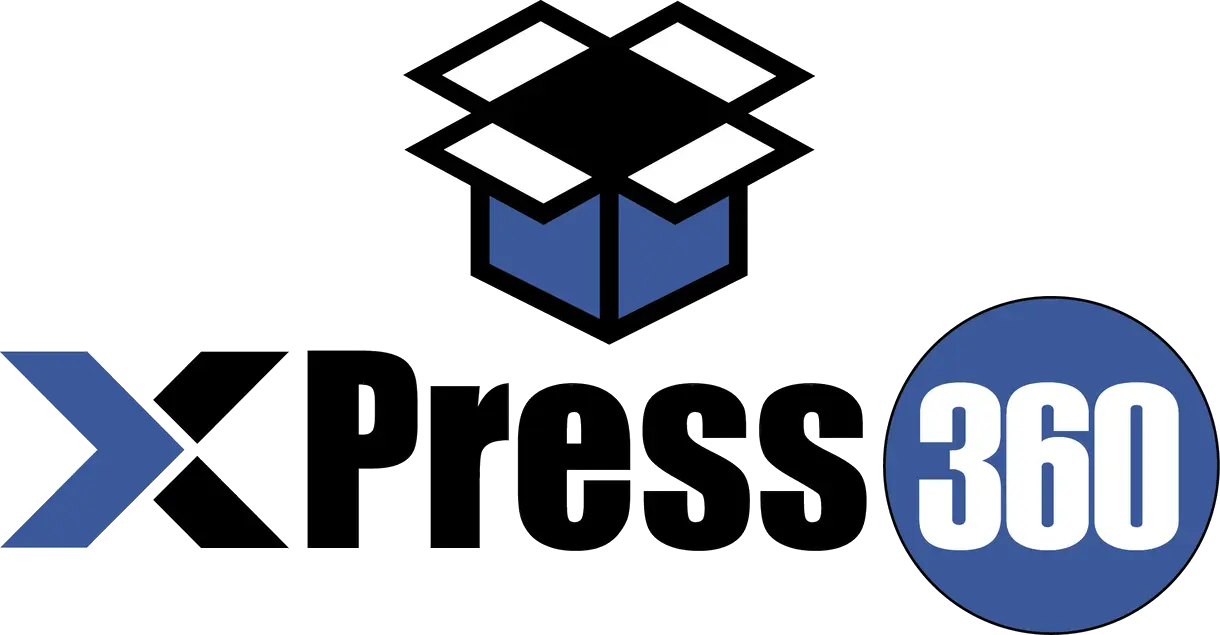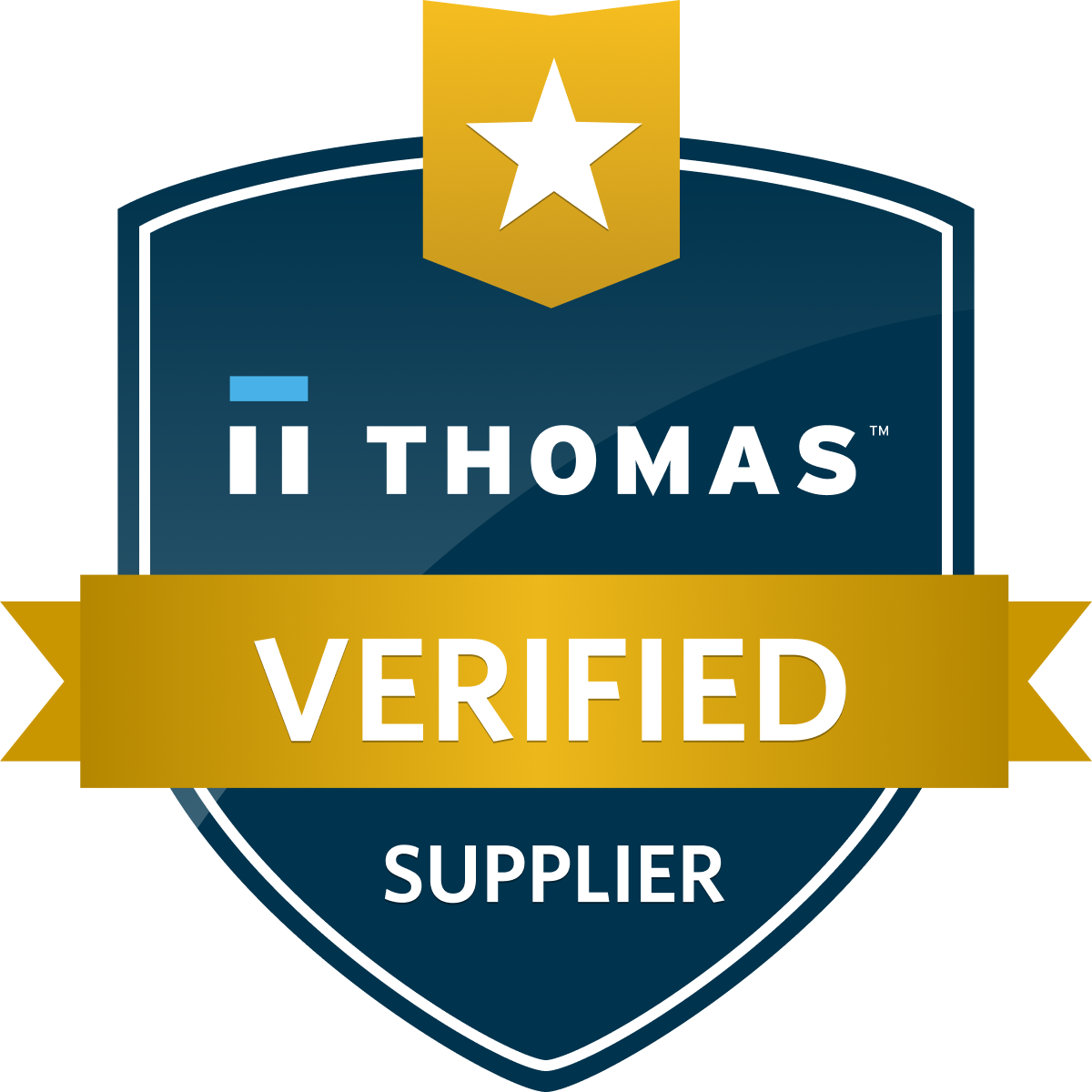Third-party logistics, or 3PL, refers to outsourcing logistics and entire supply chain management functions to a specialized external provider. This involves a strategic collaboration where the third-party provider handles various aspects such as transportation, warehousing, and distribution. 3PL services allow businesses to focus on their core competencies while relying on experts to manage their logistics operations efficiently.
In today’s fast-paced and interconnected business environment, the importance of third-party logistics services cannot be overstated. Companies increasingly turn to third-party logistics providers to streamline their supply chains, reduce shipping costs, and enhance efficiency. By leveraging the expertise of specialized logistics partners, businesses can adapt to market demands more effectively, scale their operations, and gain a competitive edge in an ever-evolving marketplace.
Evolution of Logistics
Explore how businesses adapt, streamline, and thrive in the dynamic world of supply chain management evolution.
Traditional Logistics
Traditionally, businesses handled their logistics in-house, managing everything from transportation to inventory management systems. While effective to a certain extent, this approach often proved resource-intensive and less adaptable to changing market dynamics. As companies expand globally, the limitations of traditional logistics become more evident, leading to the need for more flexible and scalable solutions.
Rise of 3PL Services
The rise of third party logistics services marked a paradigm shift in the logistics landscape. With the emergence of specialized providers, businesses found a way to overcome the limitations of traditional logistics. Third-party logistics providers bring a wealth of experience, technology, and a global network, allowing companies to outsource specific logistics functions and benefit from economies of scale. This shift not only streamlined operations but also opened up new possibilities for innovation and improved customer service.
As businesses navigate the complexities of the modern marketplace, the evolution from traditional logistics to 3PL services represents a strategic move towards efficiency, flexibility, and sustained growth. Embracing this guide to third-party logistics services unlocks the potential for businesses to thrive in the dynamic world of logistics.
Types of 3PL Providers
There are three essential 3PL providers—Freight Forwarders, Distribution Centers, and Shipping Companies. Each can optimize logistics for business growth in international shipping and warehousing.
Freight Forwarders
Freight forwarders play a crucial role in international shipping and logistics. They specialize in coordinating the movement of goods across borders, ensuring efficient customs clearance, and managing the complexities of international trade regulations. By partnering with freight forwarders, businesses can easily navigate the intricate web of global supply chains, reducing the risk of delays and compliance issues.
Distribution Centers
Distribution centers are crucial for third-party logistics (3PL) services, offering dedicated warehouse space solutions. These strategically located facilities optimize storage, ensuring reduced lead times, improved inventory management, and faster customer reach. This is especially beneficial for meeting the demands of e-commerce and just-in-time inventory models, making dedicated warehouse space a key asset for efficient logistics operations.
Shipping Companies
Shipping carriers within the realm of third-party logistics services specialize in transportation logistics. Whether it’s ground, air, or sea freight, these providers ensure the seamless movement of goods from one point to another. Leveraging the expertise of shipping carriers enables businesses to choose the most cost-effective and time-efficient transportation methods, enhancing overall entire supply chain performance.
Key Benefits of 3PL Services
Discover the transformative advantages of 3PL services—cost efficiency, scalability, and focus on core competencies. Streamline operations and boost competitiveness in supply chain management.

Cost Efficiency
Engaging 3PL services offers businesses significant cost savings. Outsourcing logistics functions avoids upfront investments, and 3PL providers negotiate favorable rates, leveraging economies of scale to lower overall logistics costs, ensuring customer satisfaction through cost savings.
Scalability
Scalability is a key benefit that 3PL services bring to the table. As businesses experience fluctuations in demand or seek to expand their operations, 3PL providers offer the flexibility to scale logistics resources accordingly. This adaptability ensures that companies can meet changing market demands without the constraints of fixed infrastructure or excessive overhead costs.
Focus on Core Competencies
Outsourcing logistics to 3PL providers allows businesses to redirect their focus and resources toward core competencies. By entrusting logistics experts with supply chain management, companies can concentrate on product development, marketing, and other strategic aspects of their operations. This strategic alignment enhances overall efficiency and competitiveness in the marketplace.
How to Choose the Right Third Party Logistics Partner
Selecting the right Third Party Logistics companies is a critical decision for businesses seeking to optimize their supply chain and logistics operations. 3PL providers and fulfillment centers play a pivotal role in streamlining the transportation, warehousing, and distribution processes, enabling companies to focus on their core competencies.
Assessing Your Needs
Before selecting a third party logistics partner, it’s crucial to thoroughly assess your business’s logistics requirements. Consider factors such as the volume of shipments, geographical scope, and specific services needed. Understanding your unique needs lays the foundation for finding a 3PL provider with the expertise and capabilities to meet your expectations.
Evaluating Service Offerings
Different 3PL providers offer varying services, and it’s essential to evaluate their offerings in alignment with your business requirements. Whether you need transportation, warehousing, order fulfillment, or a combination of services, choosing a partner with a comprehensive suite of offerings ensures a holistic approach to your logistics needs.
Checking Industry Experience
The depth of a 3PL provider’s industry experience is a key consideration. Assess whether the potential partner has successfully catered to businesses in your sector. Industry-specific knowledge allows a 3PL provider to navigate unique challenges and offer tailored solutions. Look for a partner with a proven track record in your industry to ensure a seamless collaboration.
Implementing 3PL Successfully
Seamless Integration with Existing Processes
Successful integration of 3PL services requires a seamless alignment with your existing business processes. The chosen provider should have the capability to integrate its systems with yours, ensuring a smooth flow of information and minimizing disruptions. This integration is crucial for maintaining operational efficiency and delivering a cohesive customer experience, ultimately contributing to enhanced customer satisfaction.
Communication Strategies
Clear and effective communication is paramount in a 3PL partnership. Establish robust communication channels and protocols to keep all stakeholders informed. Regular updates on inventory status, order processing, and any potential disruptions foster a collaborative environment. A transparent communication strategy ensures that both parties are on the same page, promoting trust and accountability.
Key Performance Indicators (KPIs)
Define and establish Key Performance Indicators (KPIs) to measure the success of your 3PL partnership. These metrics could include on-time delivery rates, order accuracy, and inventory management turnover. Monitoring KPIs provides insights into the efficiency and effectiveness of the logistics processes, allowing for continuous improvement and optimization.
Common Challenges in 3PL
Data Security Concerns
The transfer and handling of sensitive data in logistics operations pose potential security challenges. It’s imperative to address data security concerns by implementing robust encryption measures, secure communication channels, and compliance with industry regulations. Select a 3PL partner that prioritizes data security to mitigate risks.
Potential Communication Gaps
Effective communication is a two-way street, and lapses in communication can lead to misunderstandings and disruptions. Establish clear communication protocols from the outset and ensure that both parties are aligned on expectations. Regular meetings and updates help prevent potential gaps in communication, fostering a collaborative and responsive relationship.
Adapting to Technological Changes
The logistics industry is continually evolving with technological advancements. Ensure that your chosen third party logistics partner embraces and invests in the latest technologies. Compatibility with your existing systems and a commitment to staying abreast of technological changes is essential for long-term success in a dynamic business environment.
Choosing the right 3PL partner is a strategic decision that can significantly impact your supply chain efficiency. By diligently assessing your needs, evaluating service offerings, and considering industry experience, businesses can navigate the challenges and implement 3PL successfully, fostering a collaborative and mutually beneficial partnership.
Conclusion
This comprehensive guide has shed light on the dynamic world of 3PL services and their pivotal role in modern business logistics. From understanding the evolution of logistics, the types of 3PL providers, and the key benefits they offer to crucial considerations in choosing the right partner and overcoming common challenges, businesses now possess a roadmap for navigating the complexities of supply chain management. By embracing the principles outlined in this guide, organizations can unlock the full potential of 3PL services, optimize their operations, and position themselves for sustained growth in today’s competitive marketplace.







